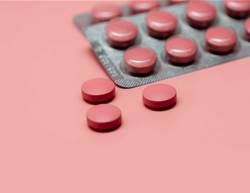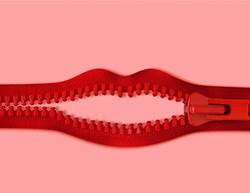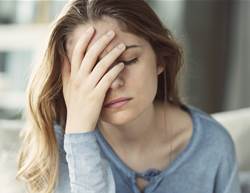Hot flushes, mood swings, insomnia… sound familiar?
If your oestrogen levels are dropping naturally with age, you don’t need a rundown of the symptoms—you’re living them. What does help? Simple, effective solutions to make this transition smoother. We called on wellness experts for no-nonsense answers.
Natural fixes:
Tweak your inner thermostat
A simple but effective fix: dress in layers. When a hot flush strikes, shedding a layer can help regulate your body temperature. Also, avoid hot drinks, spicy foods, high temps and caffeine—all well-known hot flush triggers. Surprising but true? Trimming down may help—women within a healthy weight range tend to experience fewer flushes than those above it.
Embrace deep breathing
Yet another reason to add meditation—or simply deep breathing—to your wellness toolkit. “Paced respiration” (no yoga required) helps calm brain neurons and regulate body temperature. Try this: take 6 to 8 breaths per minute (about 5 seconds in, 5 out) for 15 minutes twice daily or whenever a flush is coming on. Result? Instant calm.
Fill up on more smart foods
The phytoestrogens in soybeans and legumes—known as isoflavones—may ease menopausal symptoms thanks to their oestrogen-like effects. Worried about soy? Research shows little evidence linking soy to increased breast cancer risk. A simple food fix: aim for a couple of serves daily of chickpeas, lentils, tofu, tempeh or soy milk. Easy!
Consider herbal supplements
Before reaching for a prescription, try a natural option—black cohosh supplements. While the research is mixed, some women find relief, possibly due to its phytoestrogen content. Thinking of trying it? A dose of 40 to 80mg daily for several months could help—just check with your doctor first!
Other options:
The solution to dryness
Feeling drier than the outback? You’re not alone. If lubricant isn’t doing the trick, a vaginal moisturiser can help restore elasticity. Still struggling? Low-dose oestrogen—delivered via cream, insert or ring—has been deemed safe and can provide relief. No more Sahara!
Off-label medication
Not keen on menopausal hormone therapy (MHT)? There are alternatives. The nerve pain medication gabapentin and antidepressants like venlafaxine and fluoxetine (also known as Prozac) have been found to help reduce hot flushes. It could be worth chatting to your GP about whether these double-duty meds might work for you.
Menopausal hormone therapy (MHT)
Natural options are worth trying, and in many cases, they work wonders. But sometimes, hormone therapy is the most effective fix—relieving everything from night sweats and mood changes to a lower sex drive. Bonus: MHT can reduce the risk of osteoporosis and colorectal cancer. Caveat: It may increase the chances of breast cancer, so it’s important to weigh the pros and cons with your GP to decide if it’s right for you.







.png&h=193&w=250&c=1&s=1)


